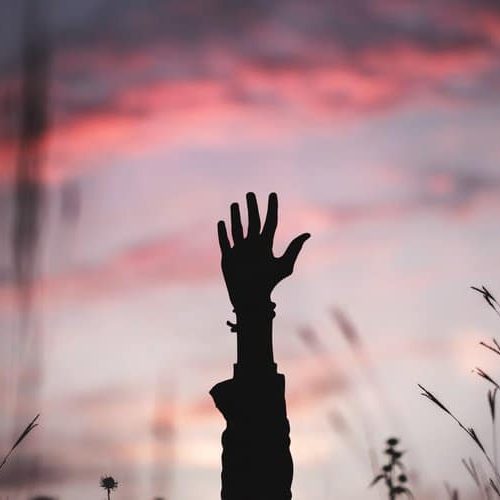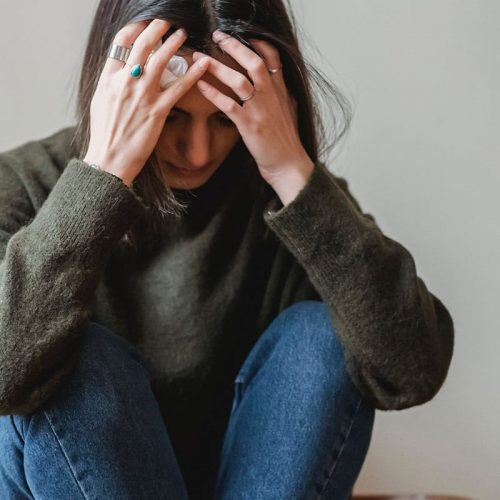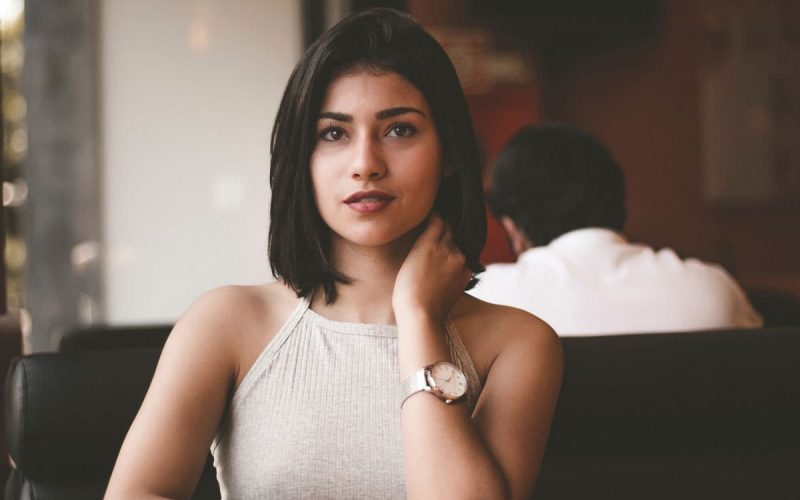
Racism is real. From the recent report on the increase in hate crimes to the El Paso shooting to being arrested for waiting at Starbucks as a black man, it’s clear that the sting of racism infiltrates all aspects of our society.
As people of color and Indigenous peoples, white supremacy and racism show up constantly in our everyday lives and permeate everything we do. Sometimes the racism feels very direct, like violence or a state-sanctioned violation of our rights. But often it’s far less overt, which can make it more insidious.
One way that racism consistently shows up for me as a brown woman is in constantly being underestimated. (I note that, for me, the intersection of race/ethnoculture and gender has an amplifying effect on the racism coming my way — the racism I experience is often sexist, and the sexism I experience is often racist.) When I was younger and people signaled that they didn’t believe in my value, I would question my own behavior (which I discuss in my book). But now I have crystal clarity about how racial bias — and what may at first appear to be simple acts of disrespect — impacts how I’m treated.
Here are a few examples of how I’m underestimated as a woman of color.
“Are you supposed to be here?”
I travel a lot for work and find myself spending a lot of time in transit with fancy business types — mostly older white men, and very few people who look like me. Because I fly so often, I’ve racked up a high frequent flyer status with my favorite airline, which allows me to be at the front of the line for boarding. I can’t tell you how many times I have been asked (by fellow passengers, usually trying to butt in line) to confirm that I’m in the correct line for boarding. Often I’m met with confusion by people who assume, at first glance, that I couldn’t possibly be in Zone 1 of the plane.
This happens to me a few times a month, and every time I ask myself why I’m experiencing this type of questioning behavior when others in the same line are not. The fact is, these experiences tie back to judgments made about me as a brown-skinned woman. The people in these encounters underestimate me, assuming that, as a woman of color, I couldn’t be “fancy” enough or “important” enough to board first.
“Are you really worth this much?”
In my work as a global speaker on leadership and diversity, my abilities, level of excellence, and value are often blatantly underestimated. Frequently, people will come up to me after a presentation and say some version of, “I wasn’t expecting much from this presentation, but you really surprised me. You were amazing!” Which leads me to wonder: Why did you assume my presentation wouldn’t be of high quality?
I’m also frequently challenged on my pricing, particularly by new clients. A while back, I had a first-time client literally yell at me over the phone, saying, “Are you kidding me? You’re trying to charge the same rate as investment bankers on Bay Street (Canada’s Wall Street)!” Because I had already signed the agreement, I proceeded with the work. After my presentation, this same individual came up to me and said, “Now I understand why you charge what you do. That was excellent.”
It often feels like, as a woman of color, my credentials and CV are simply not enough to prove my value as a professional. I’m constantly having to “re-audition” for a role that I’ve been an expert in for years now, decades into my career. I know that being questioned in this way is not the norm for similarly qualified, or even less qualified, white men in my field. Again, when it comes to my work, I’m being underestimated because of others’ biases.
“People don’t care what you have to say.”
When I launched my book The Authenticity Principle in 2017, I hired a (white, cisgender woman) publicist to help land media coverage. She pitched the book, which reveals my experiences with bias at work and how to interrupt these types of experiences, to a mainstream TV program. At first the producers, with whom she’d worked often, avoided her messages. After persisting, she was finally told outright that the topic was “too provocative” for them to cover.
Upon getting this news, my publicist was shocked — she’d never been treated like this by a network, and she rightly identified it as racism, which was very upsetting for her. She couldn’t believe that a topic that is highly relevant among people of color could be considered too provocative for a mainstream TV program that regularly covers cutting-edge topics, and whose audience is drawn from a huge multi-cultural city.
I, on the other hand, was not surprised. I knew that it would be an uphill battle to get mainstream coverage as a woman of color — despite the media’s refrain that it wants more diversity but can’t find it.
“Are you really good enough?”
A while back, I was put forward for a leadership speaker’s series at a top institution by an esteemed leader there who knows my work well. Right away it became clear that the event director perceived this as a favor and assumed that I wasn’t qualified to be featured at an event. He immediately scheduled me into a bad time slot — a Friday afternoon in the summer — knowing that most of their usual audience would be unavailable.
As soon as I saw his email with the time it was scheduled, I knew that he expected very little of my talk — both the quality and potential turnout. Of course, I wrote back to advocate for a prime time slot, because I know my value and there was no way I was going to do the event without one.
Yet again, I was underestimated. Despite being endorsed by a well-respected leader in the organization — and despite the fact that I’m a professional speaker who does nearly 100 gigs per year — the event director (wrongly!) assumed that nobody would want to attend my event.
It’s Not in My Imagination
Some people who don’t regularly experience racism may argue that there are factors besides race/ethnoculture and gender at play in these experiences. They’ll say it’s because people are just jerks. Or maybe it’s an age thing. Maybe someone was just having a bad day. Maybe you’re reading into it. Or perhaps you’re just too sensitive.
But when I recount these stories to other women of color, they know exactly what I mean, because they too have experienced the intersection of racism and sexism.
We live in a society entrenched in misogyny and white supremacy, and it does show up in our lived experiences. It’s critical that we recognize this for what it is and keep sharing our stories to help others understand the hurt, the exhaustion, and the setbacks that result from our experiences.
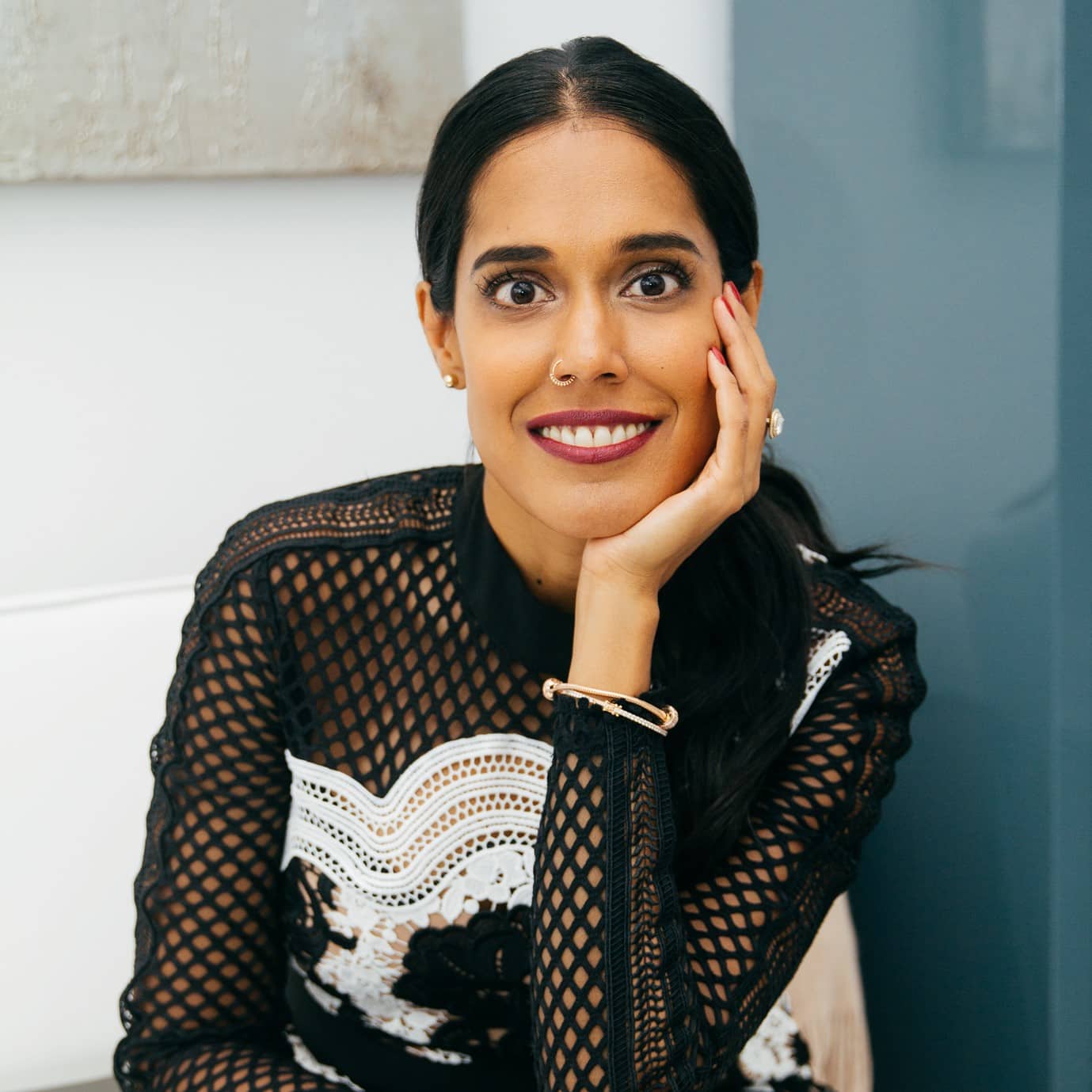
I'm Ritu.
I’m an award-winning life coach, empowerment speaker, author, and inclusion expert dedicated to helping you live your best life.

Join MY COMMUNITY
Sign up for my mailing list to get free inspiration and tools straight to your inbox!
Top Posts
Related Posts
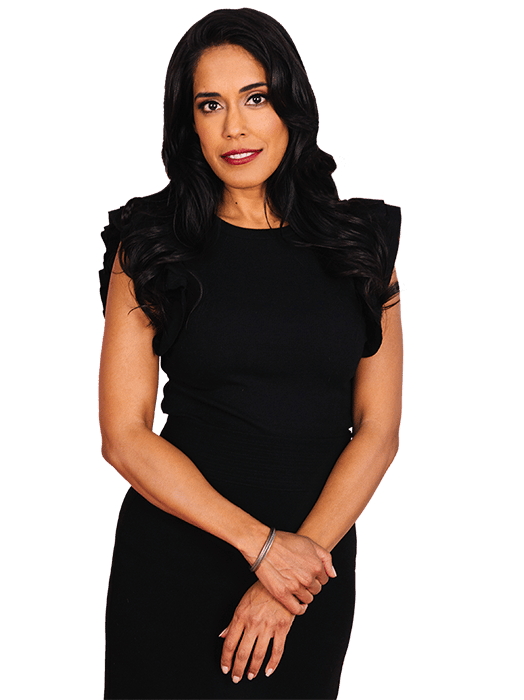
Dig deep into your journey to belong.
Be the first to learn about my authenticity and empowerment goodies and get them straight to your inbox.

